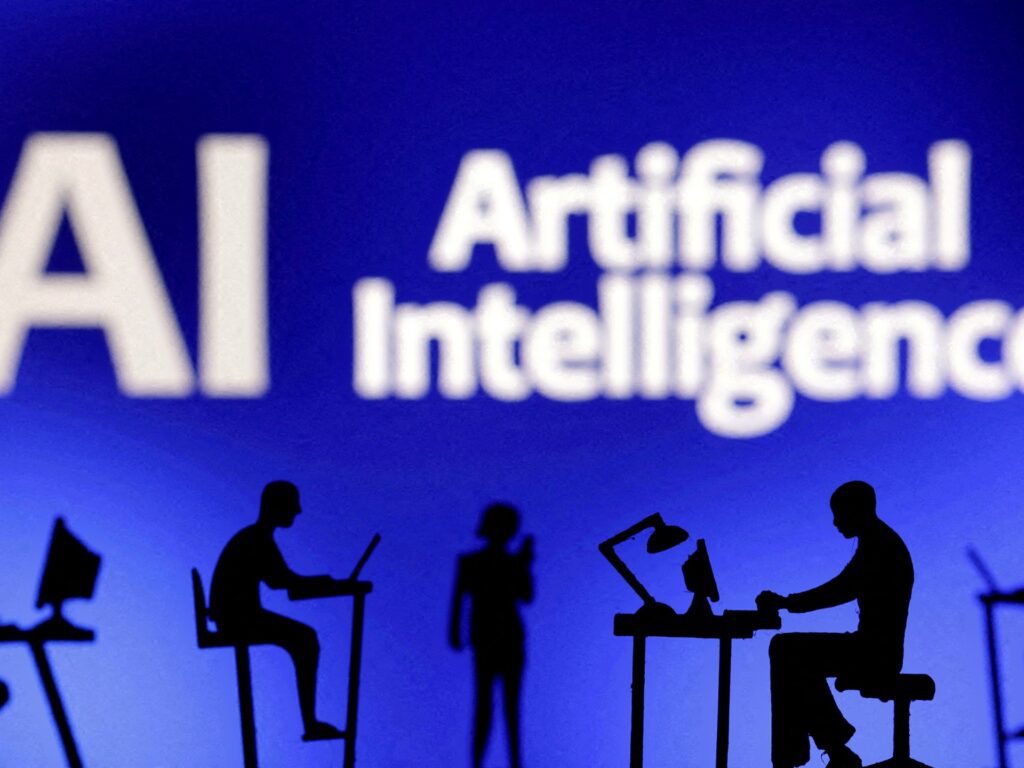The Future of AI Regulation: A Tale of Two Administrations
The landscape of artificial intelligence (AI) regulation in the United States is at a pivotal crossroads, with President Joe Biden’s administration pushing for increased oversight, while the incoming Trump administration signals a major shift toward deregulation. As we dive into this evolving narrative, let’s explore the implications for AI’s development and the broader tech industry.
Biden’s Commitment to Responsible AI
In October 2023, President Biden took a significant step by signing an executive order aimed at fostering the "safe, secure, and trustworthy development and use of artificial intelligence" within federal operations. This order outlines crucial guidelines for AI companies, reinforcing a commitment to safety and security—principles vital to navigating the complex realities of AI innovations.
The Biden administration’s initiative has also secured the agreement of seven leading AI companies to adhere to safety guidelines moving forward. Despite this progress, experts opine that the landscape remains largely unregulated at the federal level, leading to a “Wild West” environment for AI technologies.
Cody Venzke, a senior policy counsel at the ACLU, highlighted the potential fallout from a shift to a more relaxed regulatory framework: “I think the biggest thing we’re going to see is massive repealing of the initial steps the Biden administration has taken.” The absence of robust regulations could allow AI development to proceed unchecked, posing risks like the proliferation of deepfake technology that could jeopardize privacy and political integrity.
The Impending Trump Administration’s Deregulation Agenda
As the Trump administration prepares to take office, a marked change in approach is anticipated. President-elect Donald Trump has vowed to repeal Biden’s executive order, arguing it stifles innovation. This promise raises concerns about the potential dismantling of safeguards designed to regulate AI and its multifaceted applications.
Recent appointments, such as Andrew Ferguson as the head of the Federal Trade Commission (FTC), indicate a likely push against AI regulation. Ferguson has expressed intentions to halt what he perceives as unwarranted regulatory encroachment on the AI sector. His philosophy resonates with a broader belief among some Republicans that regulation may inject "woke" ideologies into the technology landscape—prompting fears of biased AI systems reinforcing existing societal inequalities.
The Challenges Ahead: Ensuring Responsible AI Use
While some might argue that AI could ultimately offer efficiency in government, experts like Kit Walsh from the Electronic Frontier Foundation caution against potential pitfalls. The premise that AI removes bias can backfire if algorithms are trained on skewed historical data—illustrating the critical need for regulations to mitigate risk.
“For example, an AI system used for parole decisions may inadvertently perpetuate bias against marginalized groups if it utilizes data from a flawed justice system,” Walsh explains. The stakes are high, as AI systems increasingly inform decisions that impact housing, healthcare, and employment.
Conversely, the anticipated tech optimism within the Trump administration could lead to a focus on efficiency over accuracy. While this might yield cost savings, Walsh warns that it could compromise essential services for people who rely heavily on government support.
Striking a Balance Between Innovation and Regulation
The dual challenge looming over the AI sector is to create responsible regulations without curbing innovation. According to Shyam Sundar, director of the Penn State Center for Socially Responsible Artificial Intelligence, a balanced approach is necessary to ensure that the burgeoning AI industry can thrive while maintaining ethical standards.
With generative AI leading to an explosion of new use cases, the call for guardrails has never been more poignant. Sundar comments, “We need sensible regulations to promote socially responsible AI development, which do not stifle innovation.”
Conclusion
As we observe the power dynamics between the Biden and Trump administrations, the future of AI regulation hangs in the balance. A thoughtful approach is paramount to address the complex ethical considerations tied to AI technologies and to safeguard individual rights.
The AI Buzz Hub team is excited to see where these breakthroughs take us. Want to stay in the loop on all things AI? Subscribe to our newsletter or share this article with your fellow enthusiasts.




